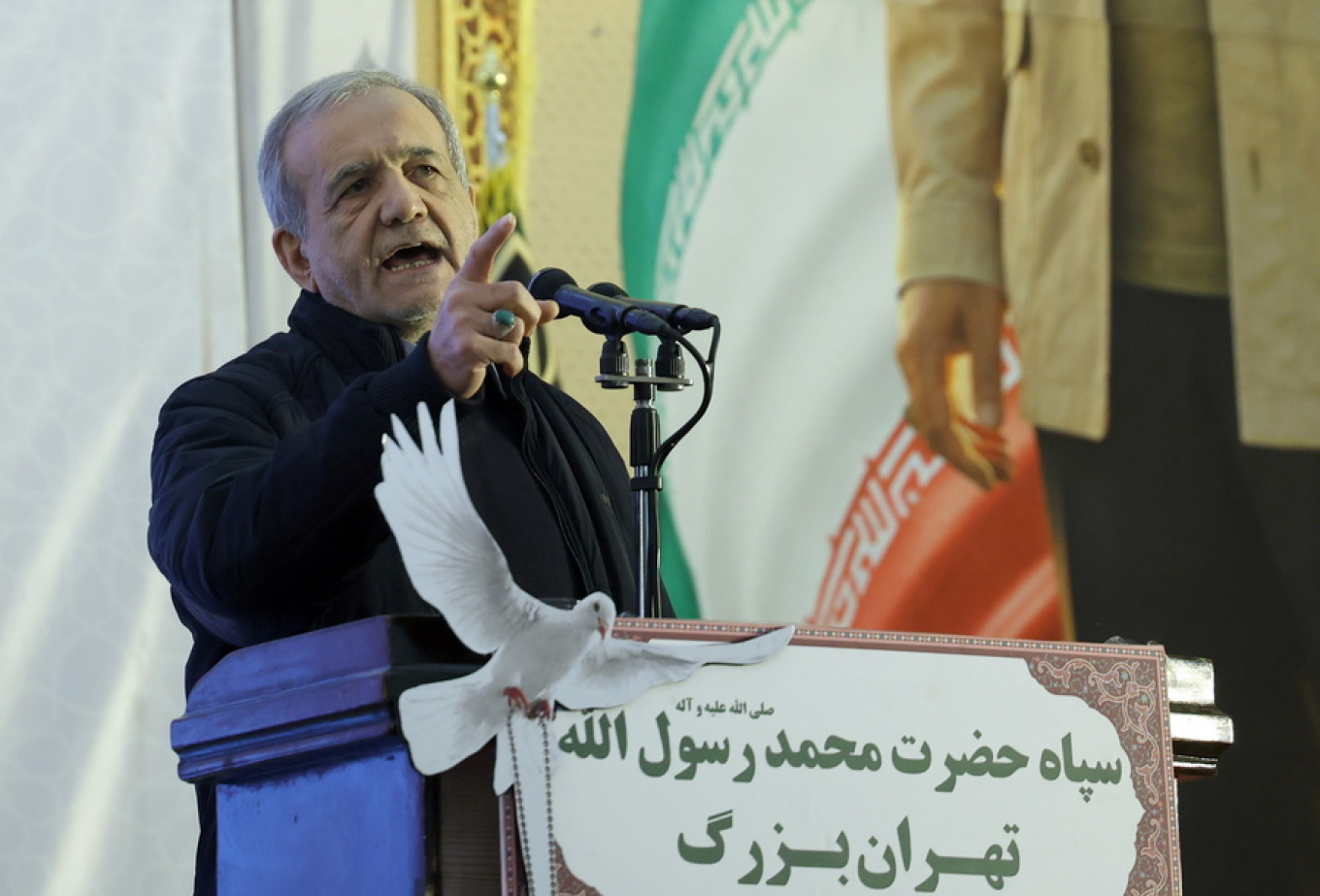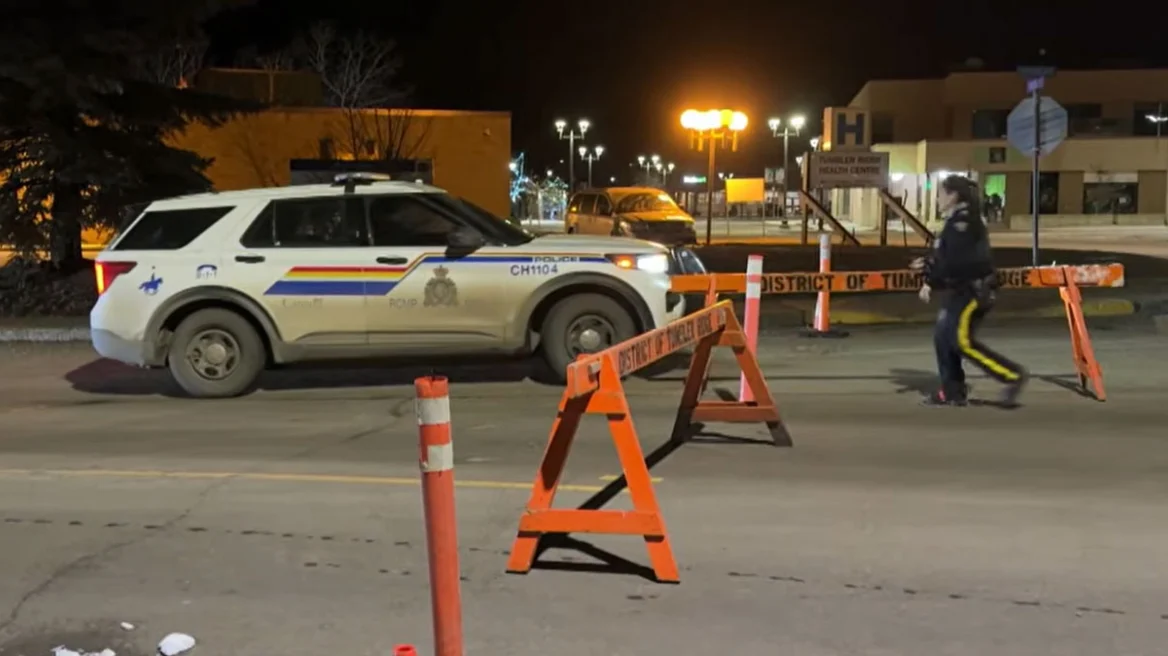A painting discovered decades ago by a junk dealer while cleaning a cellar in Capri appears to be an authentic work by Pablo Picasso. Despite being a Picasso, the painting was not appreciated by the dealer’s wife, who called it “horrible,” nor by his family, who considered getting rid of it.
Luigi Lo Rosso, as reported by the British Guardian, found the painting in 1962 and took it home to Pompeii, where it hung in a cheap frame in his living room for decades.
The portrait is believed to be a distorted image of Dora Maar, a French photographer and painter who was Picasso’s lover and muse. The signature of the famous artist was located in the upper left corner, though Lo Rosso did not know who Picasso was.
The painting caught the interest of his son, who studied an art history encyclopedia and began searching for more information.
Eventually, the family sought the advice of a team of experts, including a well-known art detective, Maurizio Seracini. After years of complex investigations, graphologist Cinzia Altieri, a member of the scientific committee of the Arcadia Foundation, which specializes in evaluating, restoring, and attributing artworks, confirmed that the signature on the painting, now valued at €6 million, belonged to Picasso.
“There is no doubt that the signature is his”
Altieri told the British newspaper that she worked on the signature for months, comparing it with some of Picasso’s original works. “There is no doubt that the signature is his. There were no signs indicating it was fake,” she emphasized.
Picasso often visited Capri, and the painting, which closely resembles his work Buste de femme (Dora Maar), is estimated to have been created between 1930 and 1936.
“My mother always said it was horrible”
Lo Rosso has since passed away, but his son Andrea, now 60, continued the effort to identify the artist behind the painting.
Lo Rosso found the painting before Andrea was even born. “He wasn’t a very cultured man. While I read about Picasso’s works in the encyclopedia, I looked at the painting and compared the signature. I kept telling my father it looked similar, but he didn’t understand. However, as I grew older, I continued to wonder,” he said.
Andrea Lo Rosso revealed that there were times when the family considered getting rid of the painting. “My mother didn’t want to keep it – she always said it was horrible.”
He also tried several times to contact the Picasso Foundation in Málaga. According to him, the foundation showed no interest in examining his claims, dismissing them as false. The foundation has the final say on the authenticity of the painting, which is now locked away in a vault in Milan.
Picasso, who died in 1973, created over 14,000 works, and the foundation receives hundreds of messages daily from people claiming to possess an original.
Ask me anything
Explore related questions





